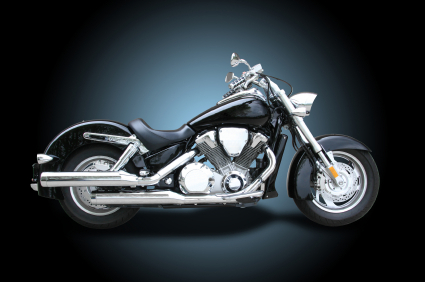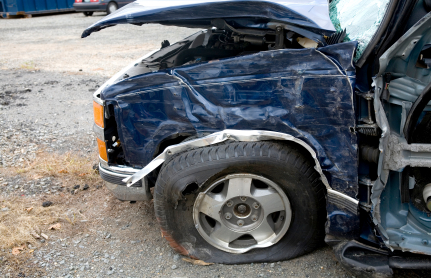Nationwide’s Vanishing Deductible program offers you a chance to pay less money out of your pocket at the time of a claim as a reward for previous good driving.

Nationwide's Vanishing Deductible decreases your deductible in exchange for good driving.
Every insurance company tries to offer a special program to draw new customers into their insurance family. It could be a discount for your expensive student if they keep up their grades or it could be a premium refund for every year you don’t file an insurance claim. In the case of Nationwide Insurance – it’s their Vanishing Deductible program.
The information that Nationwide offers on their website gives the basics of the program, but leaves one asking a lot of questions.
To get more information, I called the Nationwide’s Insurance Call Center at 877-669-6877 and the representative there was able to offer more of the details of the Nationwide Vanishing Deductible program.
What is Nationwide’s Vanishing Deductible?
Nationwide’s Vanishing Deductible program is a basically a safe driver reward program that will save you money on your deductible if you should ever have a claim. If you sign up for this particular Nationwide program and chose a $500 deductible with your coverage, they automatically knock $100 off of your deductible just for signing up; making your $500 deductible $400 from the start.
Then for each year that you are a safe driver and do not file a claim with Nationwide they will knock off an additional $100 (up to $500).
If you do have a claim you will only have to pay out of pocket what your current deductible is at the time of the accident. For example, you choose a $500 deductible and you are a safe driver for 2 years and get 2 of the $100 deductible drops. If you have an accident your deductible will only be $200 for that accident ($500 starting deductible – $100 sign up bonus – $200 for two years of safe driving = $200 left of your vanishing deductible).
What Deductibles Does it Cover?
Nationwide’s Vanishing Deductible decreases all of your deductibles that you have on your policy, not just your collision coverage deductible. This means your comprehensive deductible, your uninsured/ underinsured motorist coverage and your collision deductible.
What if the Accident is not my Fault?
If you have an accident that is not your fault, then you shouldn’t be penalized for it under this program, right? The answer to that question is….sort of.
Per the call center employee, if Nationwide has to pay for the damages from the accident you can use the lowered deductible for this claim, but you start back to your full deductible again after the accident.
So if your deductible has been lowered to $300 from $500 through the Vanishing Deductible program, your deductible for this accident will be $300. But, then you go back to the $500 deductible after that and have to start working toward claim free years again to start getting it lowered back down.
The only exceptions to this is if the other party’s insurance pays for the damages to your vehicle, if you have a rock chip in your windshield that can be repaired without the windshield being replaced and if you total your vehicle. The last one is a bit tricky though.
If you total out your vehicle Nationwide will waive your full deductible for you with this claim, but your claim free period is erased and you start back over at your full deductible again.





